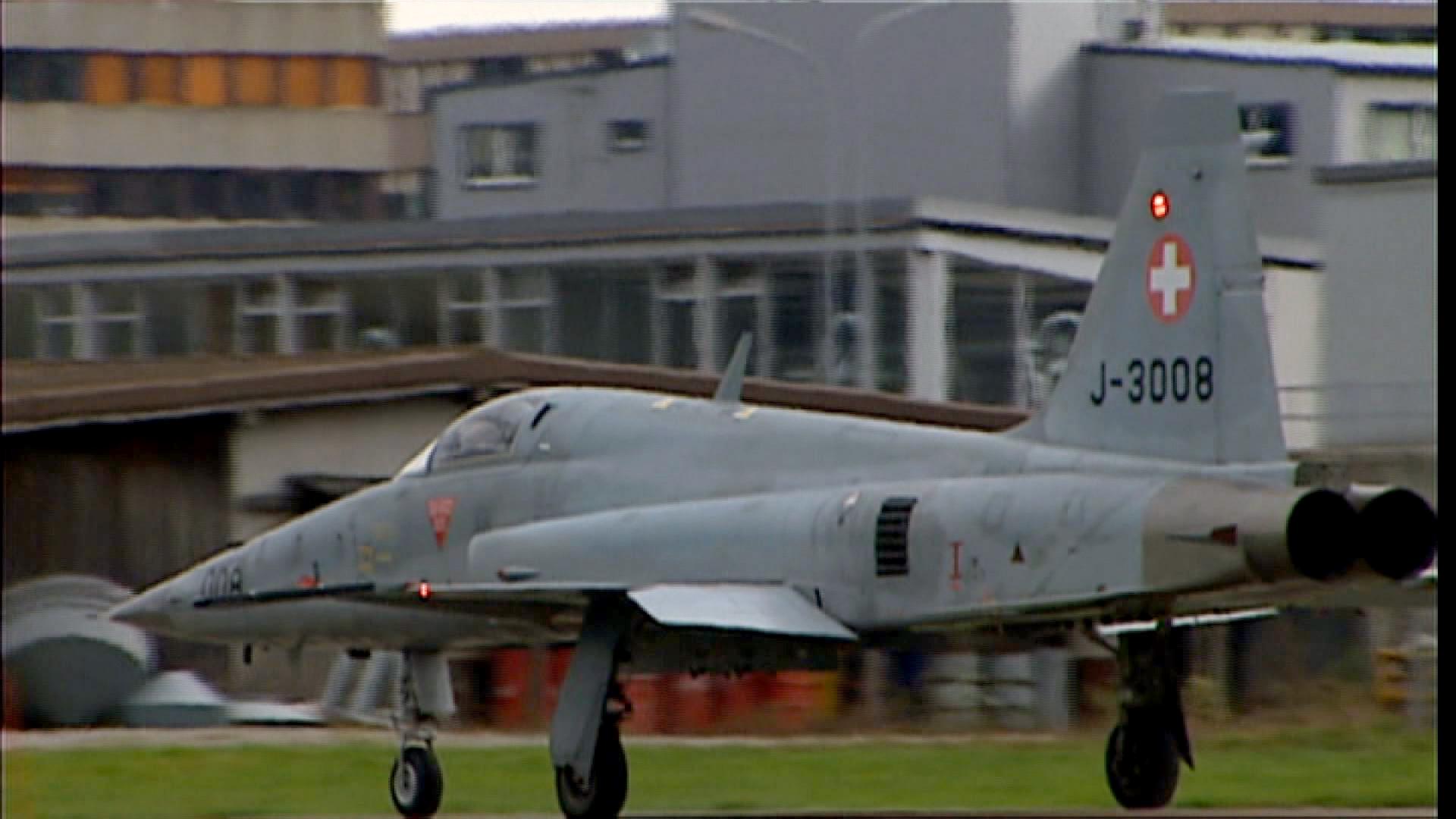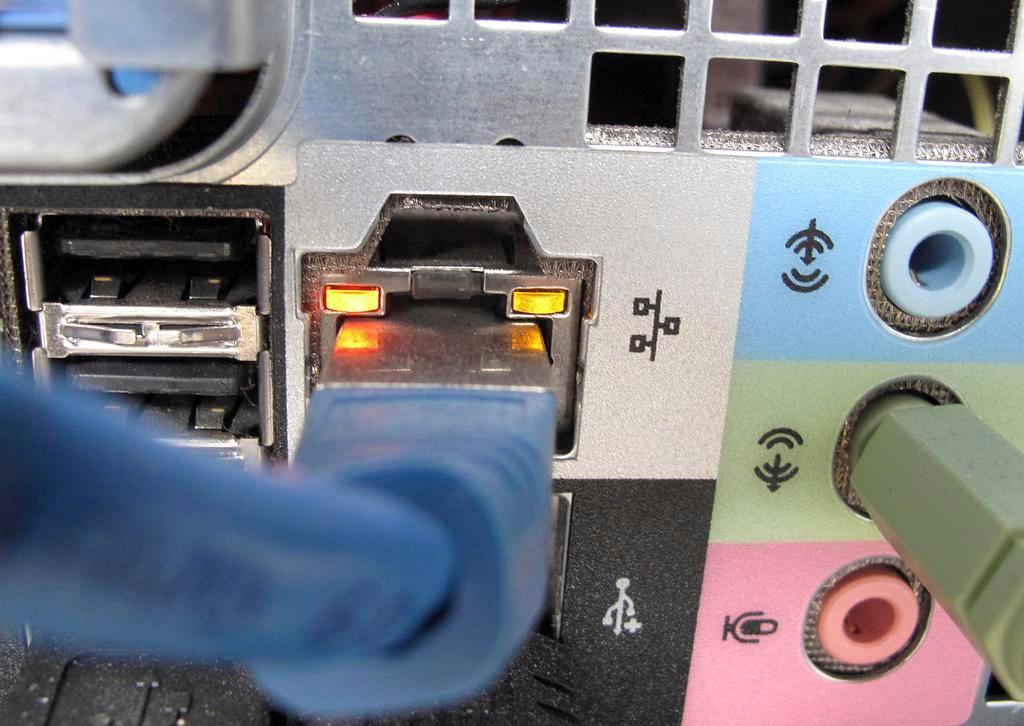Stories making the Swiss Sunday papers

The army’s attempts to acquire new fighter jets made the news as it had failed in a previous attempt that voters rejected. Apart from military hardware, the media also covered software: the good kind designed to flag radicalisation and the malicious kind used for phishing.
Guarding Swiss skies
The German language papers NZZ am Sonntag and Ostschweiz am Sonntag reported on Defence Minister Guy Parmelin’s attempts to revisit the sourcing of combat aircraft. A steering group recommends that the purchase of new fighter jets should come from the army’s purse, which should then be increased accordingly, reports the NZZ am Sonntag. Such a model would exclude the risk of a referendum which went badly in 2014, when 53.4% of Swiss voters said no to the acquisition of 22 Swedish Gripen combat planes.
A separate group of experts will present its report on the security of Swiss airspace on Tuesday. Four options will be presented with price tags range between CHF5 billion and CHF18 billion francs. The most expensive variant involves the purchase of up to 70 versatile combat aircraft coupled with a ground-to-air defense system, say the Zentralschweiz am Sonntag and Ostschweiz am Sonntag.
Radicalisation indicator
The papers Le Matin Dimanche and SonntagsZeitung reported on a software tool used to identify radicalisation of young people. Developed by Zurich’s Violence Prevention Agency, the Ra-Prof (radicalization profiling) tool includes a set of 42 questions designed identify radical tendencies and address them at an early stage. It is now available to all Swiss teachers and instructors on the Swiss Institute for Violence Assessment’s websiteExternal link. Once completed, the questionnaire is analysed by the software which then provides a rating on the extent of radicalisation (green, orange or red).
Depending on the outcome, teachers can contact licensed experts to decide on intervention. So far, the software has been used 88 times. In six cases, initial suspicions were confirmed and the police warned.
Phishing scams
According to the NZZ am Sonntag paper, the attorney general’s office has reached the end of the line in its investigation into up to 400 cases of phishing out of a total of 466 reported. Phishing is the practice of impersonating a business to trick people into giving personal or professional information – using spoof emails, websites and text messages. Most such cases had to be abandoned as it was not possible to link the scammers to their crimes and assistance from other countries was needed.
Another difficulty is the refusal of Swiss courts to hear cases involving foreigners who have committed phishing-related crimes in countries other than Switzerland. The attorney general’s office believes that Switzerland has the right and responsibility to act on these cases because it has signed the International Convention on Cybercrime.
Hospital overload
In an interview in the German language paper SonntagsBlick, the president of the Swiss Organisation for the Protection of Patients Susanne Hochuli, stated that Switzerland had too many hospitals. She said it was time the country reflected on whether it was financially viable to have a hospital operating round-the-clock every 30 kilometres.

In compliance with the JTI standards
More: SWI swissinfo.ch certified by the Journalism Trust Initiative



You can find an overview of ongoing debates with our journalists here. Please join us!
If you want to start a conversation about a topic raised in this article or want to report factual errors, email us at english@swissinfo.ch.